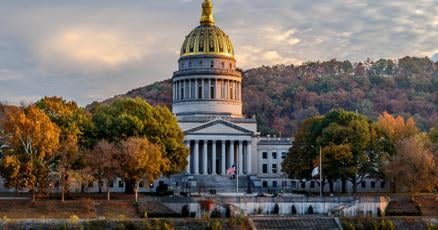Faith, Founders, and Learning: Jefferson's Revolutionary Vision for Education

Thomas Jefferson was a passionate advocate for religious freedom and the strict separation of church and state. His profound commitment to individual liberty and intellectual independence led him to develop groundbreaking ideas about the role of religion in public life. Throughout his writings and political career, Jefferson consistently argued that government should remain neutral in matters of religious belief, ensuring that no single faith could dominate or influence official policy.
As one of the founding fathers of the United States, Jefferson believed that personal religious convictions were a private matter and should never be imposed through governmental mechanisms. He famously championed the concept of a "wall of separation" between religious institutions and governmental structures, viewing this division as essential to protecting both religious freedom and democratic principles.
Jefferson's vision was radical for his time—he envisioned a society where individuals could practice their faith freely without state interference, and where no religious doctrine could dictate public policy. His perspective continues to inspire discussions about religious liberty and the fundamental rights of citizens in a diverse, pluralistic society.

